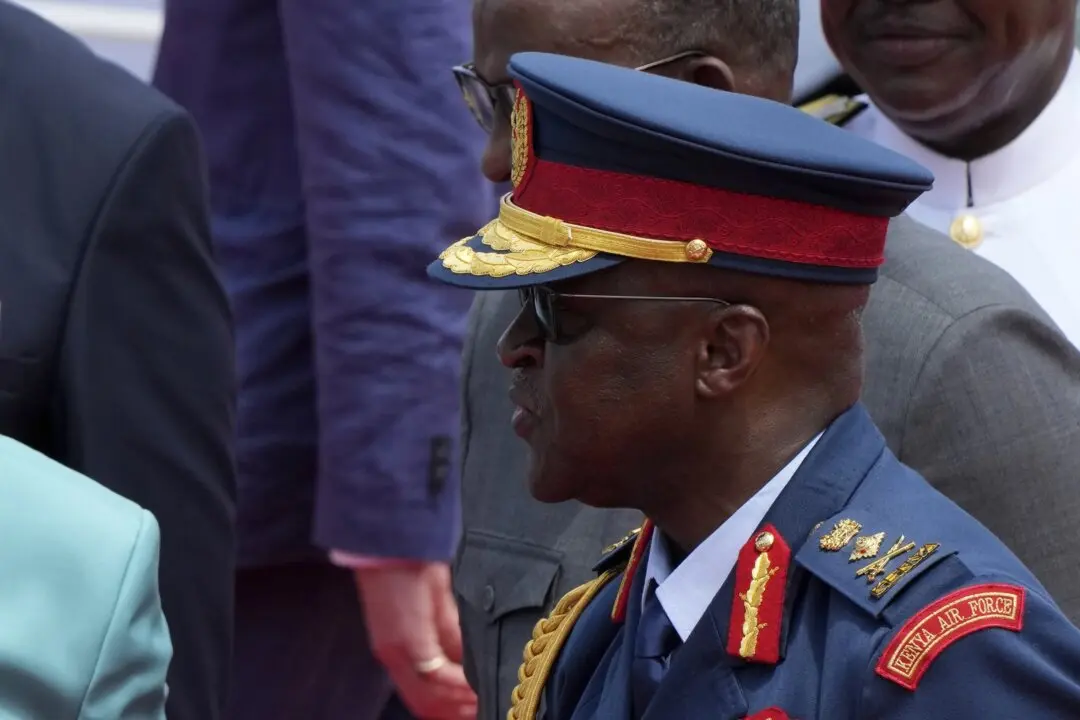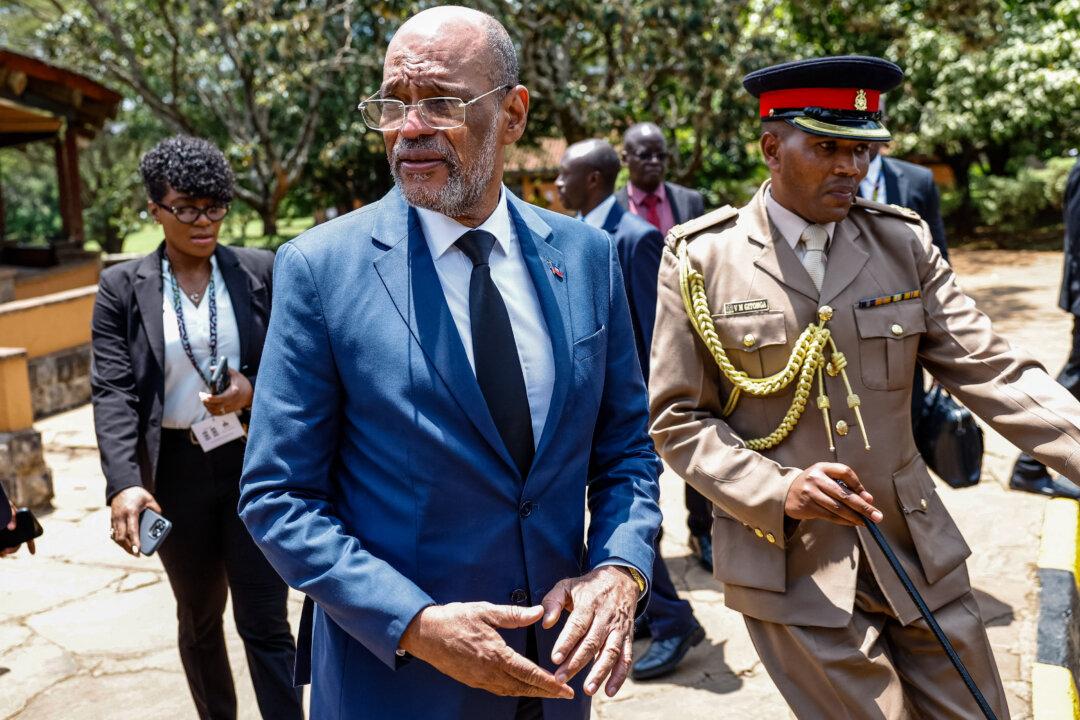After six days of verification of votes at the national tallying center in Nairobi, the chief returning officer and chairperson of Kenya’s Electoral and Boundaries Commission (IEBC), Wafula Chebukati declared Dr. William Ruto the president-elect of the Republic of Kenya.
Fifty-six-year-old Ruto has been serving as the Deputy President of the East African nation since 2013 after being elected into office alongside his counterpart, President Uhuru Kenyatta.





